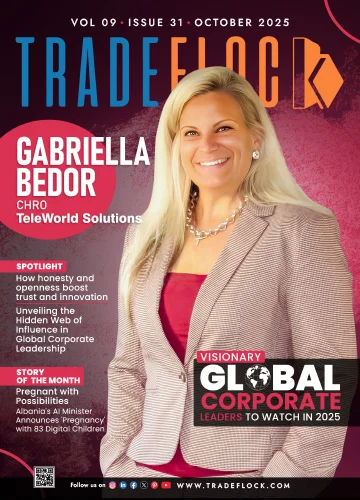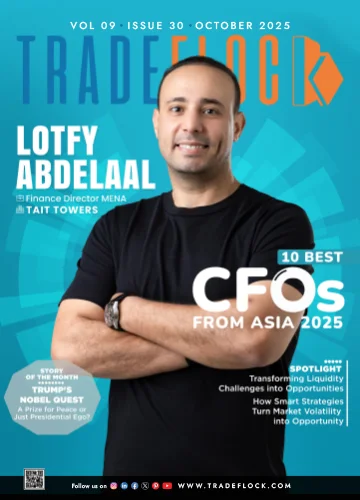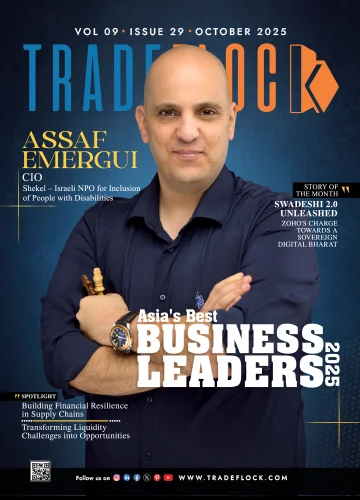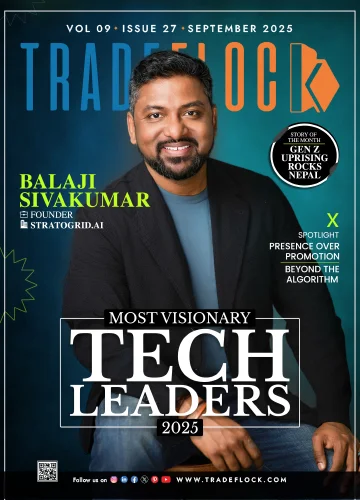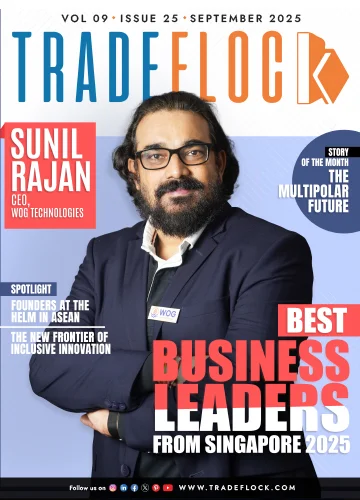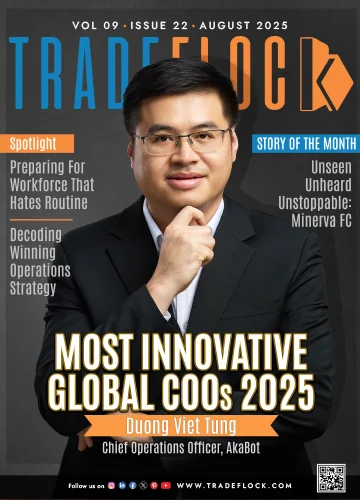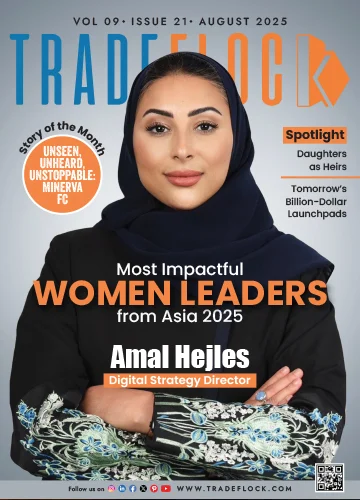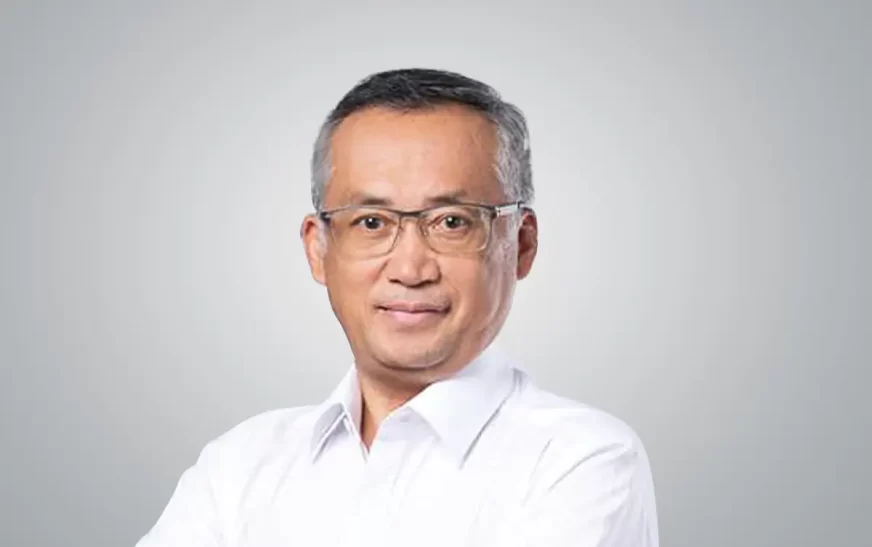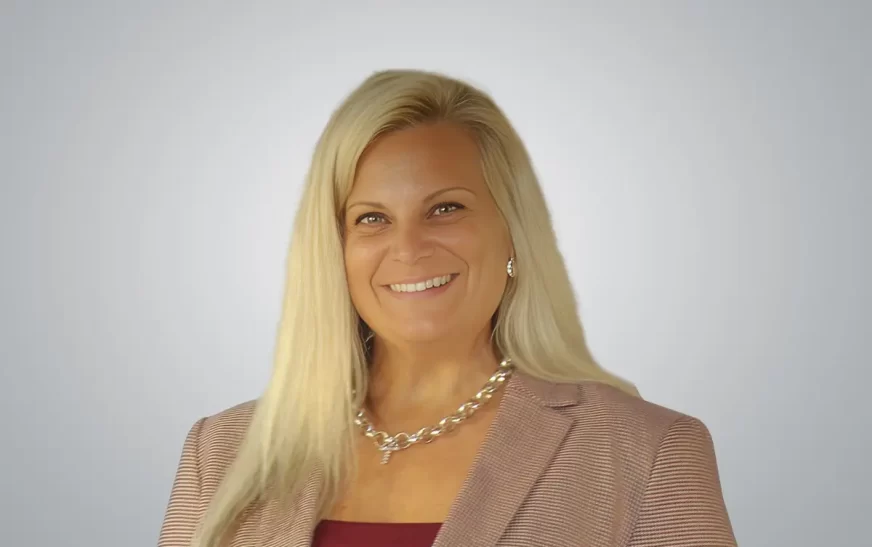
Transforming Operations, People, and Performance
Wah Jun Fung
Head of Finance & Operation
Eadeco International Co


Transforming Operations, People, and Performance
Wah Jun Fung
Head of Finance & Operation
Eadeco International Co
Wah Jun Fung - 10 Best CFOs from Asia 2025
In today’s world, where business models can flip overnight, finance leaders are expected to be more than number crunchers. They’re asked to steady companies in volatile markets, unlock efficiencies, and prepare teams for what’s next. At Eastern Decorator Group in Thailand, those pressures came to a head not long ago: sales were slipping, costs were rising, and e-commerce was draining resources instead of fueling growth. That’s when Wah Jun Fung stepped in as Head of Finance & Operations. For him, numbers have never told the whole story. Each chapter of his career added a new layer—finance gave him discipline, audit taught him caution, HR reinforced that people matter most, and e-commerce taught him to move fast. Through it all, his compass has been simple: cut waste, improve systems, grow people. At Eadeco, he built management reporting from the ground up, delivered multimilliondollar cost savings, and turned e-commerce into a profitable growth engine. And he did it while keeping that compass steady. In an exclusive conversation with TradeFlock, Wah Jun Fung shares the strategies, challenges, and bold bets that continue to shape his leadership today.
What key experiences shaped your journey to becoming Head of Finance & Operations at Eadeco?
When I joined Eadeco, the company was in a difficult place. Losses had doubled in the previous quarter, sales were falling even as marketing costs rose, and much of the money being spent had no clear connection to revenue growth. On top of that, overheads were becoming an unsustainable burden. In my first 30 days, I knew it was important to act quickly. I raised the alarm and began reviewing every line of expenditure in detail. I worked side by side with our Finance and Operations GM, and together we stayed late nights poring over the numbers, determined to identify the real causes and stop the bleeding. Numbers tell a story, and when you listen closely enough, they reveal the path forward. The real turning point came with the actions we took after that initial review. We streamlined the supply chain, which alone saved us nearly THB 5 million. Just as importantly, we completely restructured our e-commerce strategy. For years, it had been our biggest loss-making channel, managed by an outside partner who added little value. By cutting unnecessary overheads and bringing the channel in-house, we were able to transform it from a constant drain into one of our most profitable growth drivers.
"That journey — from heavy losses to renewed growth — showed me how finance and operations, when working hand in hand, can create not just stability, but real value for the business.”
Can you share a current project or new technology you’re implementing, and how it’s impacting operations and finance?
When we looked at upgrades, we didn’t start with trends like AI. Instead, we asked what would ease daily pain for our teams. Conversations with operations pointed to warehouse management as the biggest gap. We adopted a platform that links WMS with finance, replacing costly scanners with mobile phones. Technology should not just look impressive; it should make work simpler and more efficient. The impact has been immediate: reporting is automated, commission payouts happen instantly, and we are building an in-house e-commerce system to bring every channel into one unified view.
What has been your most significant challenge in this role, and how did your past experiences help you overcome it?
E-commerce was my biggest test. Costs were high, sales were weak, and our third-party operator was slowing us down. Many believed it could not be fixed, but I had worked with e-commerce customers before and knew recovery was possible. The first step was ending our reliance on the external partner, a process that took eight months of approvals. We then cut ads that did not convert, created a fair incentive plan, fixed billing issues, and built our own fulfilment system. Within six months, sales more than doubled year on year, and the channel shifted from heavy losses to a core profit engine. I am proud that finance led this transformation and proved our function can add real value.
How are you preparing and mentoring the next generation of leaders at Eadeco?
I believe leadership is about preparing others rather than holding on to control. At Eadeco, we follow situational leadership, recognising that some people need clear direction while others grow best when given freedom to try, fail, and learn. We hand over real responsibility, encouraging people to run projects, make choices, and gain confidence through experience. My rule is simple: if the team waits for me to decide everything, then I have failed them. In e-commerce, we introduced a transparent incentive plan that rewards both teamwork and individual results, which helped sales grow 101 percent in early 2025.
What is your biggest bet on the future of the textiles supply chain, and what advice would you share with peers?
Supply chains are evolving quickly. Buyers are no longer focused on price alone—they also want proof of responsible sourcing, reduced carbon and water impact, fair work, and reliable delivery even in times of disruption. The future lies in data-rich, ESGlinked supply chains where every batch and shipment is traceable, with its environmental and social footprint clearly attached. Trust will belong to companies that can prove where their products come from and how responsibly they are made.


